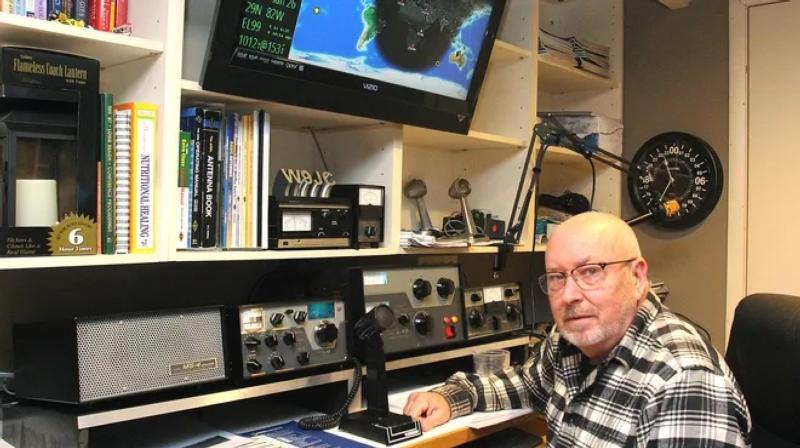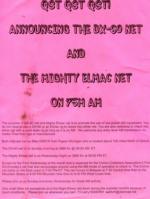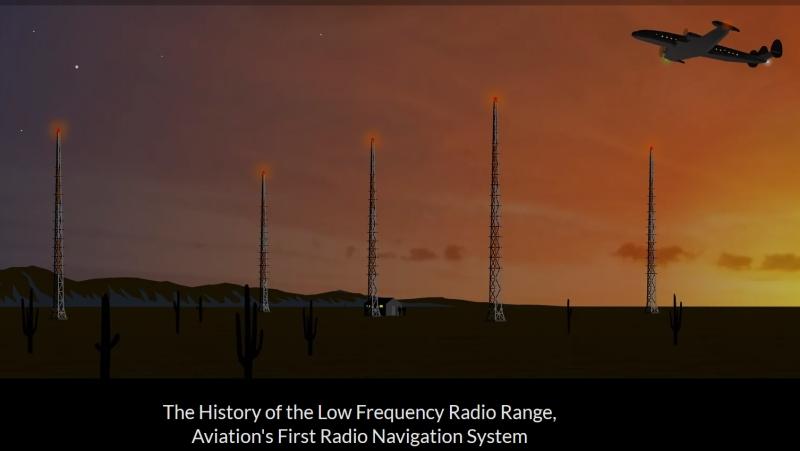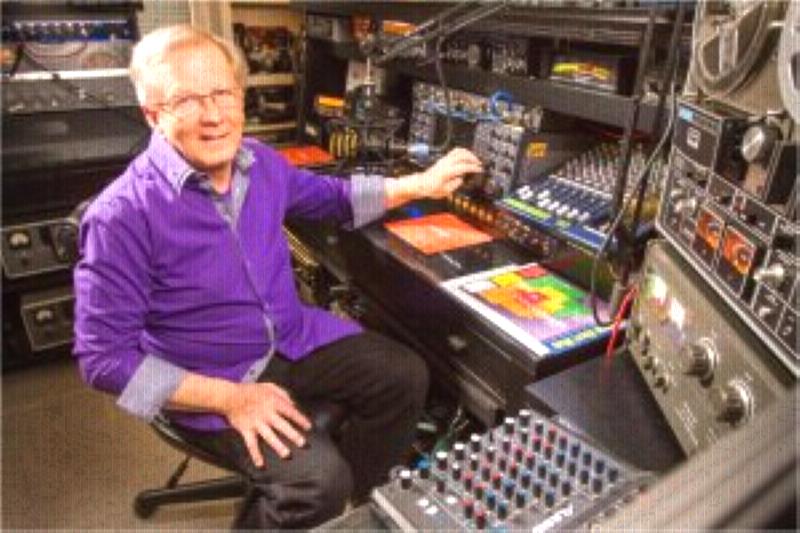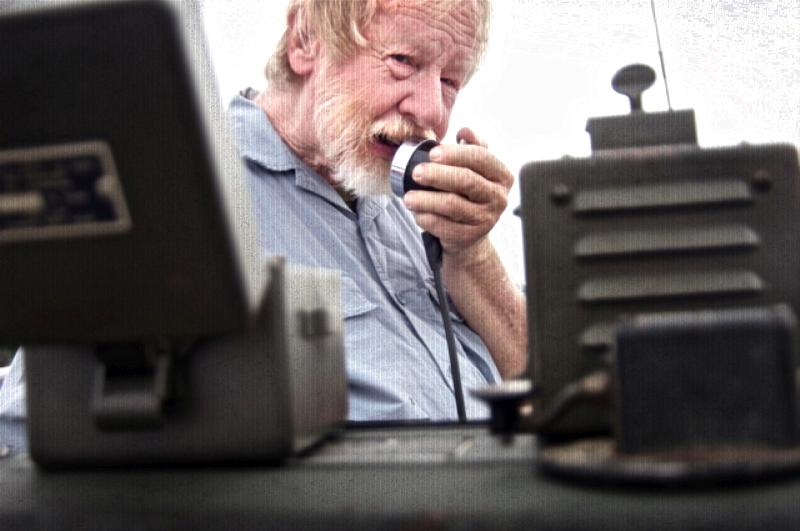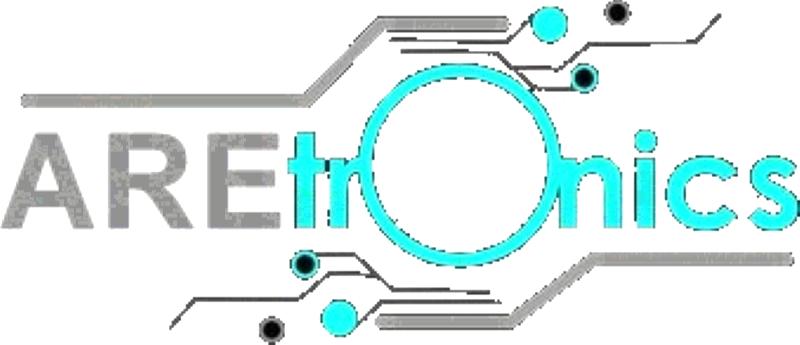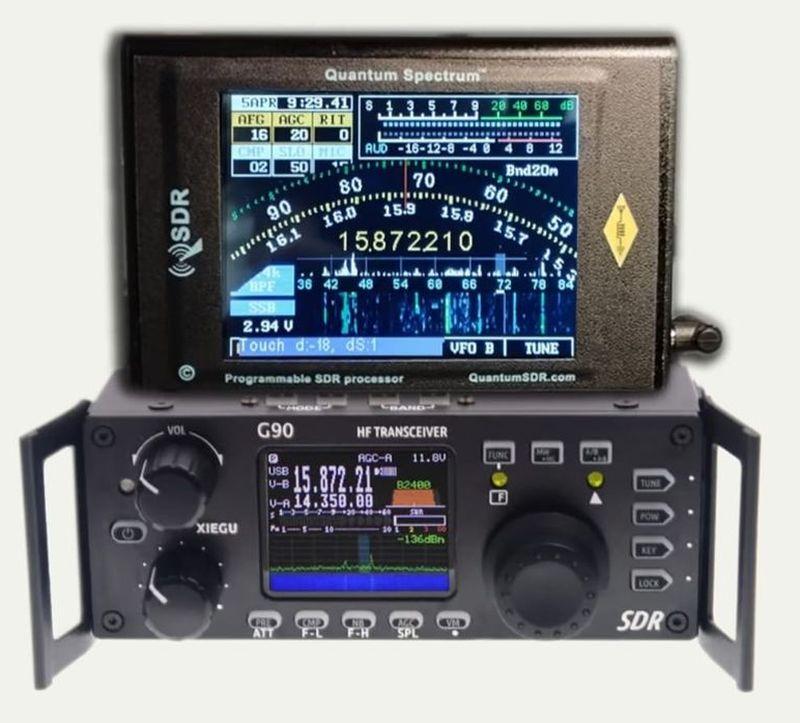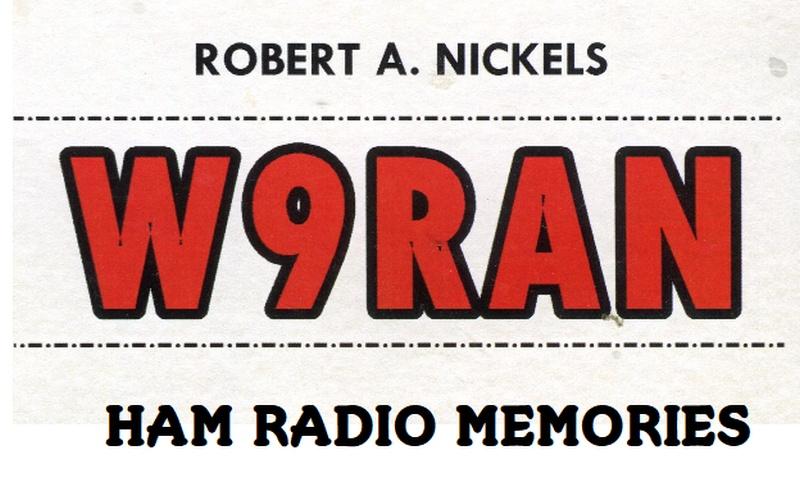DX-60 and Mighty Elmac Nets on 75 meter AM
Great AM fun!
General Information 12/16/2018
UPDATE: Steve W8TOW from near Lansing MI and a long-time friend of N8ECRs has taken over responsibility for the "N8ECR Memorial DX-60 Net" on 3880 kHz, Sunday mornings. All rigs are welcome, but this net has a long tradition of encouraging the use of low-power AM transmitters like the DX-60.
As does the Wednesday night "Mighty Elmac Net" that Mike started over 10 years ago. Deterioriating band conditions after sunset at the present point in the sunspot cycle have made it difficult to conduct this net but it WILL go on! A new net control, Rex WA6GYC from Troy MI had good success in recent weeks and hopefully will continue in this role. Wednesday is Elmac Night! Join the pre-net group anytime after about 2300Z on 3880 kHz.
My buddy Larry WA9VRH worked in the printing industry in the Peoria area for years and made up this poster and printed off a bunch that were distributed at various hamfests in the area.
While Mike is no longer at the mic of the "Big Rig" in Pigeon, the nets he devoted so many hours to continue on with new net control stations. Despite adverse propagation! The Mighty Elmac Net "pre-net" begins as early as 5PM local time so be sure to tune in early and stay late, and spread the word!
Latest Articles
|
Crystal Replacement
Posted: 02/38/2024
Comments: 0 |
How good can a crummy receiver be?
Hundreds of different simple SDR receivers have been designed around Dan Tayloe's Quadrature Sampling Detector or QSD. Mine add nothing to the state of the art, and in fact subtract things, as I like minimalist solutions and the QSD is right in that sweet spot. Following the evolution of Tayloe's design I delete the resistors in series with the sample lines for inst... READ MORE |
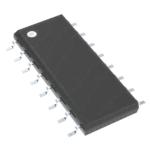
Technical
Posted: 02/37/2024
Comments: 0 |
What's in a number (3253)?
The FST3253 dual four-to-one mux/demux IC has long been used as a "Tayloe Detector" or QSD (and QSE) in low-cost SDRs. They provide incredible performance for such a simple circuit, converting RF to baseband IQ with low loss and the ultimate in simplicity. Unfortunately the original FST3253 part has become obsolete and while substitutes are available, this is where the... READ MORE |
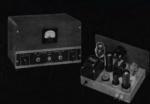
Vintage Ham Radio
Posted: 02/32/2024
Comments: 0 |
The Stancor 10P Transmitter
There weren't really many commercial transmitters in the 1930s as most hams built their own. But many of the ones that were offered came from the transformer companies who had two chances to profit. First, from those who would buy the kit, and two, from those would would see it in the (free) booklets the companies provided to their distributors who would then sell the iron to ham... READ MORE |
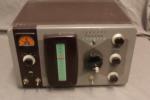
Vintage Ham Radio
Posted: 12/355/2023
Comments: 0 |
The Care and Feeding of the EF Johnson Courier amplifier
The EF Johnson "Courier" is a grid-driven amplifier using two 811A tubes. Switching is provided for operating in either class C for CW or as a class B linear amplifier for AM or SSB. Rated power is 500 watts input for CW, 500 watts PEP input for SSB, and 200 watts input for double-sideband AM with carrier. Since all amateur power levels were meas... READ MORE |

Historic
Posted: 11/329/2023
Comments: 0 |
TV Duplexer
Some things are interesting, even if totally useless nowadays. Such is the case with the Philco 426-3034 Crossover Kit for UHF TV. What the heck is that? Well, back in the late 50s, UHF television stations operating on channels 14-83 started to appear in many areas of the US where viewers had a VHF-only TV antenna, and in many cases an externa UHF converter was... READ MORE |
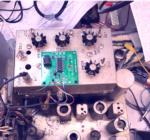
Crystal Replacement
Posted: 11/327/2023
Comments: 0 |
Replacing failed crystals
For decades, quartz crystals were used everywhere a stable frequency source was needed, even in some applications that depended on overtone (harmonic) behavior into the VHF range. These crystals were less stable and more dependent on circuit parameters that fundamental types and thus more problematic. Such was the case with the 94 MHz crystal in the 2 meter converter ... READ MORE |
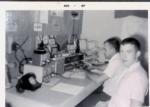
Historic
Posted: 11/315/2023
Comments: 0 |
My Own Ham Radio Story by W9RAN
Everyone has a story of how they got involved in ham radio - this is mine. It started much earlier, including receiving a Knight Kit Span Master shortwave radio for Christmas in about 1963, at age 12. I'll never forget the night my dad and I finished building it and I wanted to try it out. It came with a 50 ft. antenna which was still coiled up - but ... READ MORE |
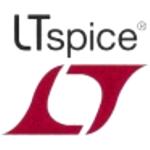
Technical
Posted: 09/267/2023
Comments: 0 |
Hot to simulate vacuum tubes in LTSpice
LTSice is a powerful simulation tool that is provided free by Linear Technology Corp. It comes with a complete library of passive and common analog solid-state components but if you want to use it to simulate vacuum tubes, it doesen't work as-is. Even though triode and pentode symbols can be found in the "Misc" folder, they are just schematic symbols and... READ MORE |
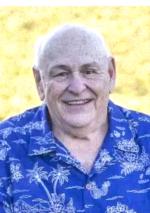
Friends Remembered
Posted: 07/208/2023
Comments: 0 |
Merv Schweigert, K9FD (SK)
Comments from Robert Nickels W9RAN, July 27, 2023: There is nothing worse for a ham radio operator than to see a beloved friends callsign with the letters "SK" behind them. Yet sadly, that's what happened on July 23, 2023, when I learned of the passsing of Merv Schweigert, K9FD. While many of our ham radio interests were different - Me... READ MORE |
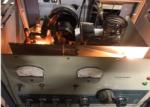
Vintage Ham Radio
Posted: 01/19/2023
Comments: 0 |
"Winter Projects"
I know many of us who enjoy restoring and repairing vintage gear look forward to winter when there is less competition for time and energy, and a chance to really make a dent in our "to be fixed" piles. A couple of years ago I set time aside for "Heathkit Singlebander Week" and went through every one of them I had, with the result that they're all working ... READ MORE |
Latest Links

Products
Posted: 12/10/2018
Comments: 0 |
How To Get Tech Help From Strangers On The Internet
Paul Stoffregen is the creator of the Teensy microcomputer and related products and has authored a vast amount of exceptionally good and useful public domain software to go with it. As the old saying goes "no good deed goes unpunished" and in the course of answering customer and would-be customer questions, Paul has written over 18,000 replies. From that he's ... READ MORE |
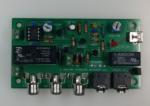
Products
Posted: 11/11/2018
Comments: 0 |
VERSA-TR purchasing
The VERSA-TR kit designed by RAN Technology Inc. is available from our friends at Hayseed Hamfest. Please direct all order-related questions to them at https://hayseedhamfest.com/pages/contact-us ... READ MORE |
Latest News

WANTED: Bendix 3206
Power Supply/Mod/IF unit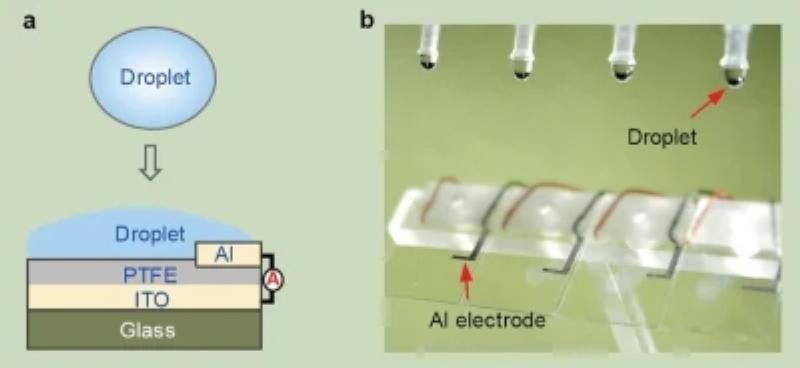
New droplet-based electricity generator
A drop of water lights up 100 small LED bulbs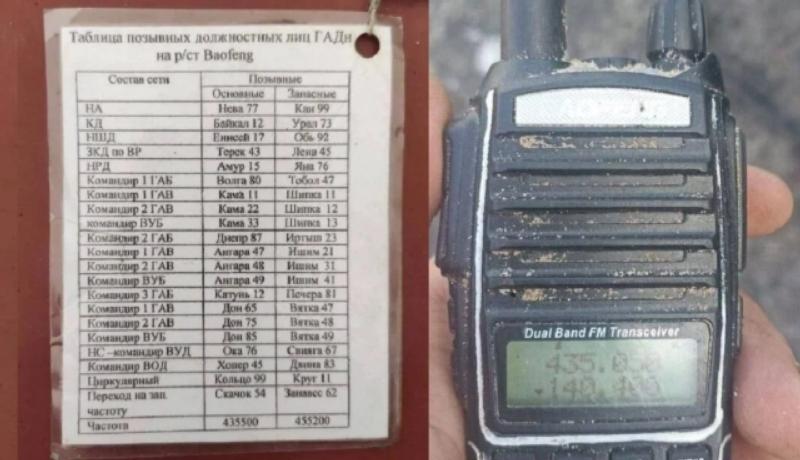
Russian soldiers uses Chinese portable radios
Baofung UV-82HP - unencrypted
Amateur radio transmittting suspended in Ukraine
part of a 30 day emergency order